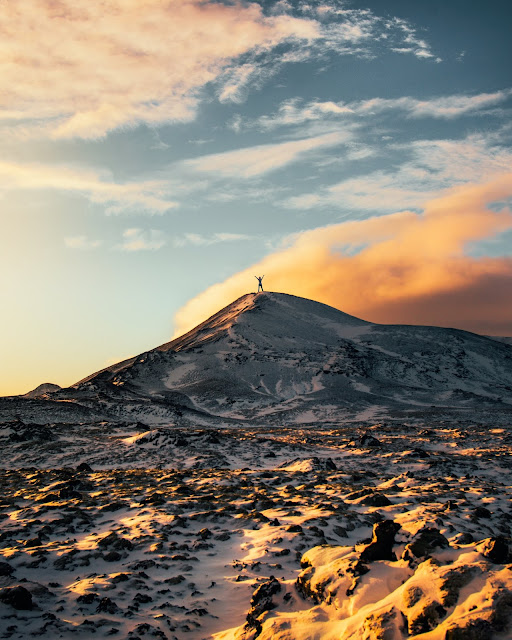Anansi: The Spider Trickster

Anansi the Spider is a very popular creature encountered in African mythology. This West African god frequently takes the form of a spider and he is considered to be not only a trickster and folk hero, but also a spirit of knowledge. The stories of Anansi are believed to have originated from the Ashanti. Later they were re-told by the Akan people in Ghana, and from there the stories spread through West Africa. The word Ananse is Akan and means "spider". Anansi is depicted in many different ways. Sometimes he looks like an ordinary spider, sometimes he is a spider wearing clothes or with a human face and sometimes he looks much more like a human with spider elements, such as eight legs. During the Atlantic slave trade, the stories crossed the ocean with the slaves through oral tradition. Especially in the Caribbean, Anansi’s cunning ways are often celebrated as a symbol of slave resistance and survival. People believe that the Anansi is able to obstruct his...




